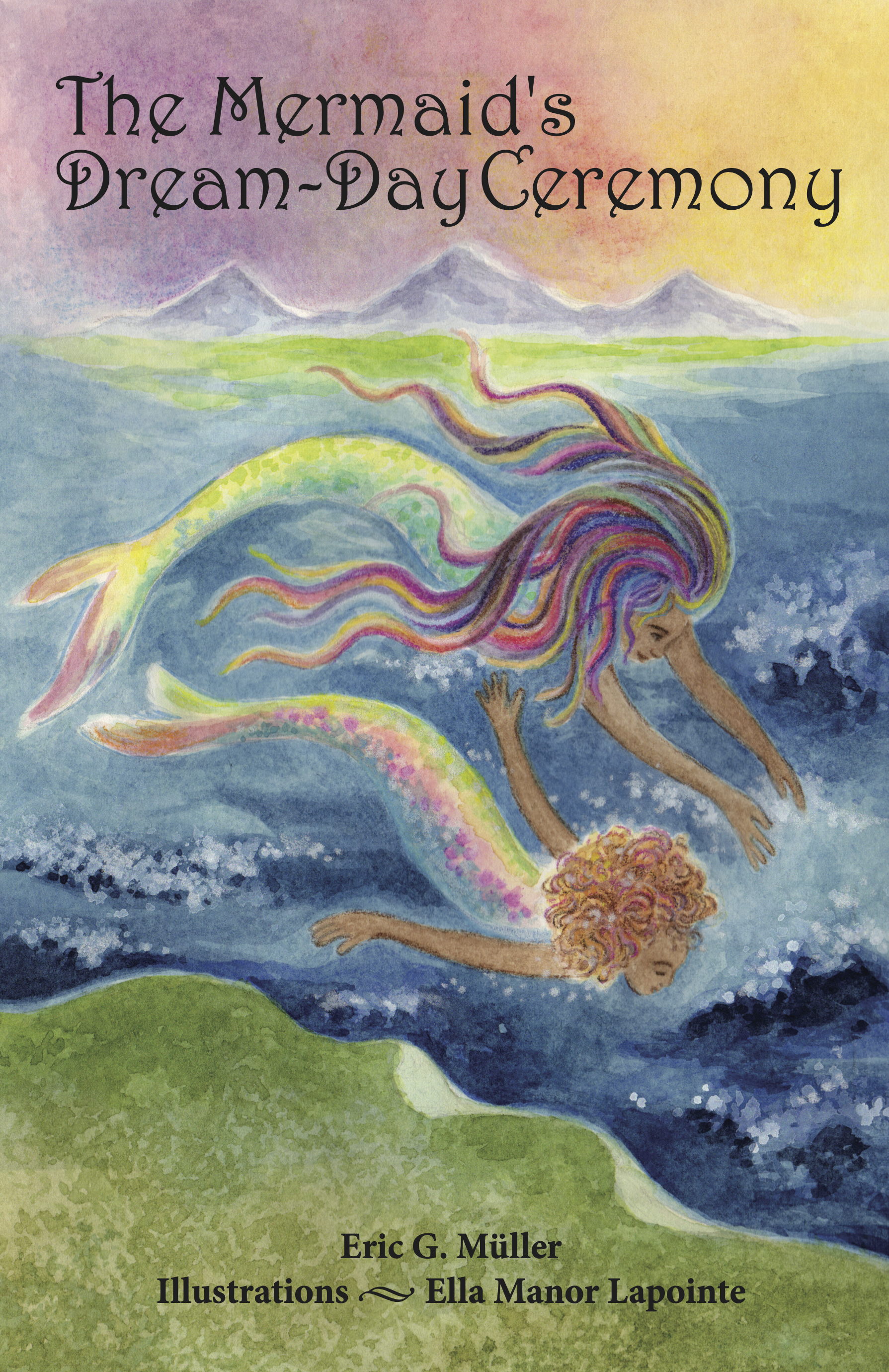History Through Music: Perspectives on the Evolution of Consciousness, Spirituality, Education, and Music Appreciation
By Eric G. Müller
Questions, more than anything, have fueled this book, such as: What is music? How far back can we trace its history? Why does music affect us so profoundly? Who are the people who have shaped the course of music through the ages? Müller pursues these questions and those that have remained unanswered in musicology but demand a response in our probing times. The results reveal diverse and riveting aspects to music and its imponderable essence. This far-reaching book tracks the tonal path through the ages right up to the multifaceted present and beyond, all the while considering the contributions of indigenous music, assessing the scope of Western music’s emergence, or gaging the impact of popular music—always with an eye on contextualizing the various eras and styles. The sweeping evolutionary journey of human consciousness, as portrayed through music, explores humanity’s profound embeddedness in the spirit, followed by its gradual disconnection and loss over time. Yet, in its place, the inexorable development of the individuality allows for the possibility to reconnect to the spirit out of freedom, as can be observed in the works of an ever-growing array of composers and interpreters. The author provides esoteric perspectives that add to contemporary positions. Musical, cultural, and sacred elements are woven together in an accessible, yet thought provoking manner, to meet the lay person as much as those well-versed in music. In History Through Music a vast panorama unfolds for the reader, buoyed by Müller’s decades long experience as an educator and musician.
Waldorf High School Curriculum in Painting and Drawing
by Martina Angela Müller
Excerpt from the book:
“Schooling observational skills teaches paying attention, helps us perceive the world how it truly is and not how we believe it is, and is an exercise in truthfulness, a skill that lasts a lifetime. People who have learned to observe enjoy nature more deeply, interpret and analyze interpersonal relationships and work environments more clearly, reading them for their essence more readily and form a stronger bond to the world around them. ‘Attention leads to devotion’ (Mary Oliver).”








